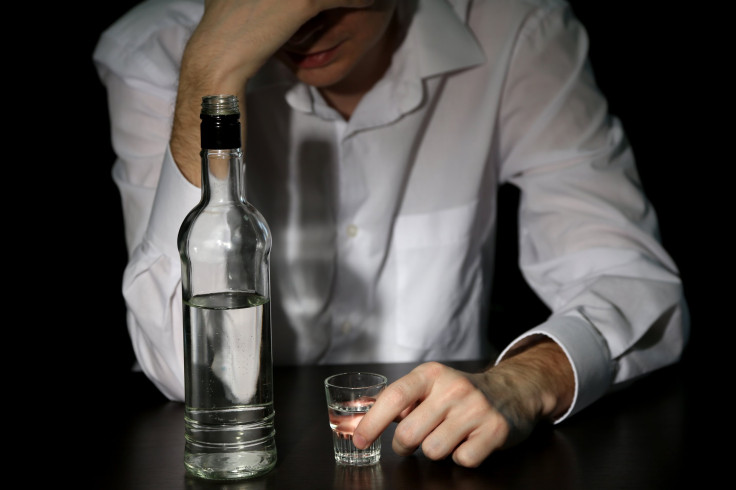Gabapentin, Epilepsy Drug, Shows Promise In Treating Alcoholism

The number of medications that are approved to treat alcohol dependence can be counted on one hand. Furthermore, these medications are prescribed to only nine percent of the 8.5 million alcoholics that exist in America.
The dearth of effective treatment for alcohol dependence is a reason why there is anticipation for a drug that is widely used to treat epilepsy and certain types of pain.
In a recent study, researchers reported that an anti-convulsant, known as gabapentin, safely and effectively helped alcoholics from relapsing. The drug was also successful in treating relapse-associated symptoms.
“Gabapentin’s effect on drinking outcomes is at least as large or greater than those of existing FDA-approved treatments,” Barbara J. Mason, study leader and co-director of the Pearson Center for Alcoholism and Addiction Research at Scripps Research Institute, commented in a press release. “Plus it’s the only medication shown to improve sleep and mood in people who are quitting or reducing their drinking, and it’s already widely used in primary care—that’s an appealing combination.”
Mason and colleagues randomly assigned three drug regimens to 150 people with alcohol dependence but who managed to briefly remain abstinent at the time of the study. Each group was treated with a Food and Drug Administration (FDA)-approved dose of 900 mg or 1,800 mg; otherwise, they were given a placebo.
The high-dose group benefited the most from the 12-week treatment regimen by managing to refrain from drinking heavily twice as often as the placebo group (45 percent versus 23 percent) and not touching a drop four times as often (17 percent compared with four percent).
Gabapentin showed to have a dose-dependent effect since the 900 mg group exhibited intermediate benefits.
Overall, the drug helped alcoholics drink less while also lessening reported cravings, problems sleeping, and depression — all without serious side effects.
“[T]he demonstration of the efficacy of gabapentin for relapse prevention among alcohol-dependent patients by Mason et al…is an important development,” Edward Nunes, a psychiatrist at Columbia University’s New York State Psychiatric Institute, wrote in an accompanying commentary.
Nunes pointed out that Mason’s drug trial is validation of numerous smaller trials before it, and highlighted how well gabapentin is tolerated without seemingly having the potential to be abused.
Gabapentin has gained the potential for wider use by doctors in the both primary care and specialty treatment contexts since it is already known to effectively treat chronic pain, mood anxiety, and sleep issues as well as seizures.
Treatments that have already been approved by the FDA to treat alcohol dependence are designed to switch off the pleasure-seeking drive, which is a crucial component to abusing alcohol and other substances. Antabuse (disulfiram) makes drinking unpleasant by preventing the breakdown of alcohol while Vivitrol (naltrexone) dulls the sense of reward that drinking would otherwise provide.
The drawback of these treatments, the study authors point out, is their inability to mitigate the punishing withdrawal symptoms — anxiety, depression, sleeplessness — that allows alcoholism to maintain a firm hold.
Specifically, gabapentin manages to hit the amygdala, which is the part of the brain that mediates emotion and anxiety, and prevents stress-related withdrawal symptoms from being as all-consuming as they otherwise would be.
“We are arguably now in a position with respect to alcohol dependence similar to our position for other chronic conditions like depression or hypertension, with a number of different treatment options, both psychosocial and pharmacological,” Nunes observed.
According to a 2009 study that looked at the global burden of disease, injury, and economic cost associated with alcohol use, 3.8 percent of all deaths are attributable to pathological use of alcohol, taking an fiscal toll of over one percent of the gross national product of high- and middle-income countries.
Published by Medicaldaily.com



























